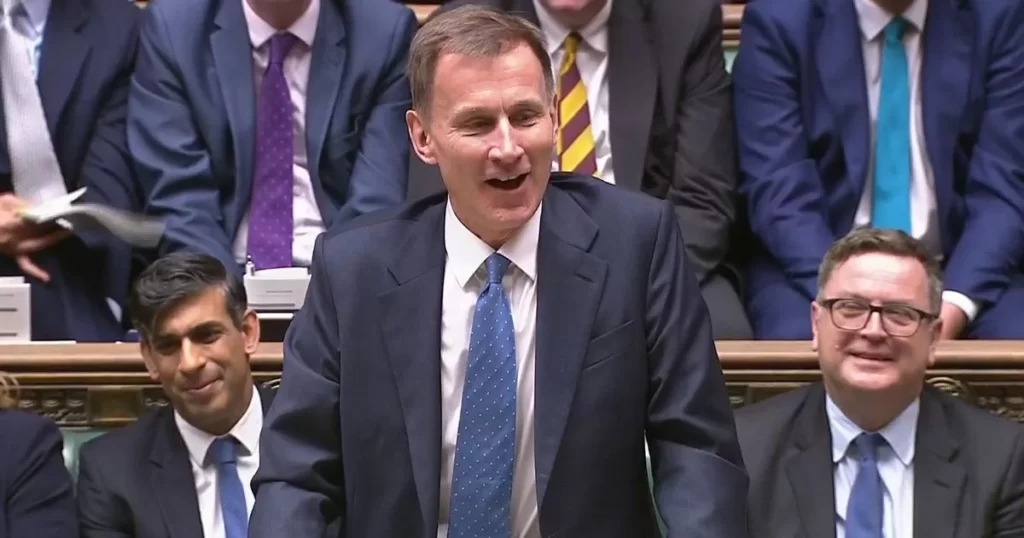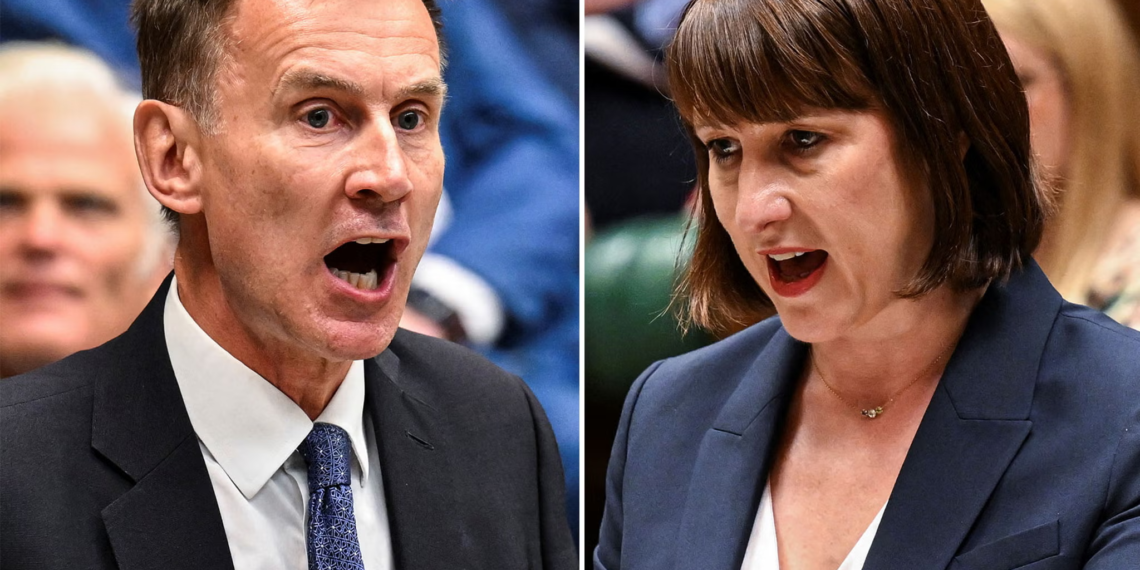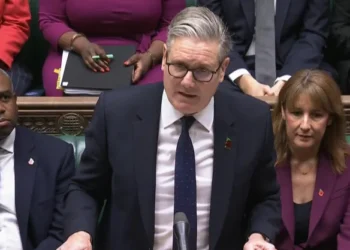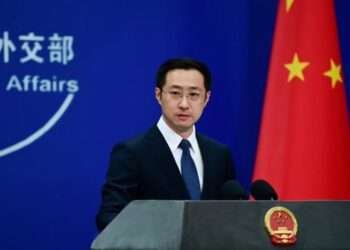Former Chancellor Jeremy Hunt has urged Cabinet Secretary Simon Case to delay the release of a controversial report from the Office for Budget Responsibility (OBR) scheduled for publication on budget day.
The brewing conflict stems from Hunt’s concern that current Chancellor Rachel Reeves is politicizing the OBR by commissioning a review into fiscal forecasting under his tenure.
The report could allegedly reveal a substantial “£22 billion black hole” in government spending, an assertion that Hunt disputes, noting he has had no contact from the OBR or Treasury since leaving office.
Hunt Urges Delay, Citing Procedural Fairness
Hunt’s objections became official this week with a formal letter to the OBR, followed by a request to Case for intervention. According to Hunt, the OBR has confirmed its policy to refrain from commentary on ministers’ conduct.
Nevertheless, Hunt emphasized that “no constitutional precedent” exists for the government to publish a critical review without first informing the ministers involved.
“Straying into political territory and failing to follow due process like this demeans [the OBR] and also is deeply problematic for perceptions of the impartiality of the civil service,” Hunt contends.
He pressed Case to consider whether the timing aligns with “basic procedural fairness” and sought assurances that the report would be shielded from political motivations.
Hunt maintains that while he supports the OBR’s independence, he fears this review — released on budget day — will be perceived as politically charged. He insists that publishing it without consultation could unfairly damage his reputation.
Reeves Defends Transparency Amid Accusations
Reeves responded sharply in Parliament, countering Hunt’s accusations with a call for greater fiscal honesty.
Dismissing Hunt’s objections as attempts to dodge accountability, Reeves remarked, “With the black hole in the public finances, combined with lashing out at independent economic institutions, suggests he has got more in common with Liz Truss and Kwasi Kwarteng than perhaps we thought.”
Labour has insisted that transparency over the state of public finances is essential, especially following years of mounting fiscal strain. Reeves noted, “The shadow chancellor risks taking his party down the same path,” citing her experience witnessing her party’s shift toward “an ideological extreme” and how that ultimately led to years in opposition.
A Question of OBR Neutrality
The growing row has raised broader questions about the role of the OBR and whether its impartiality is genuinely being upheld.
Hunt’s pushback is reportedly fueled by the government’s sources, which suggest the report could “put to bed any suggestion that Reeves had overstated the fiscal peril the government had discovered.” By presenting these findings on budget day, some say it may weaken Hunt’s defense of his fiscal legacy.

Hunt made his case for “procedural fairness” and argued that, given the opportunity, he could “have explained how it would have been perfectly possible to deal with any pressures within our fiscal rules.” This, he suggests, would have enabled Parliament to discuss “the real issue at this budget,” such as addressing long-term public finance challenges and funding essential services sustainably.
The government’s stance on the OBR’s independence was clear in a statement from No. 10. “The prime minister is clear that this government is going to back the independent OBR, not trash it,” a spokesperson said. They added that acknowledging economic challenges honestly is necessary, rather than “blaming the referee.”
As anticipation builds for Reeves’ upcoming budget presentation, the debate underscores the complexities of navigating fiscal responsibility and political accountability in a time of economic uncertainty.
READ ALSO: CalBank and NewGold ETF Among Top Movers on GSE as Market Opens























